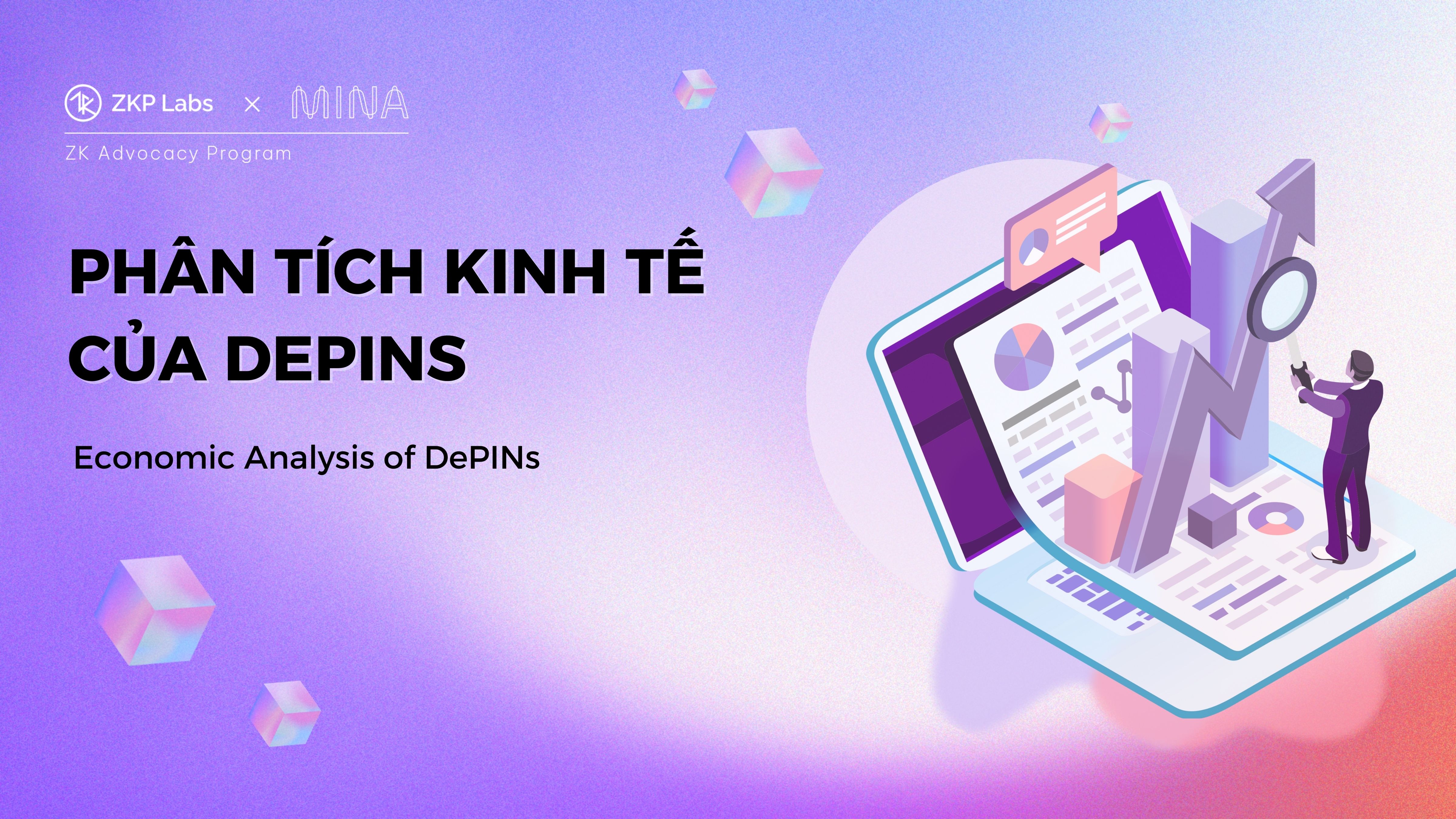ZKP Cairo vs Solidity in Provable Computation
Table of Contents

The landscape of smart contracts is evolving beyond financial applications and web generalizations, presenting a paradigm shift towards composable computation. This shift is embodied in Cairo, the native programming language of StarkNet, a Layer 2 network designed to scale Ethereum. In this article, we delve into the comparison between ZKP Cairo and Solidity, exploring their roles in enabling provable computation.
Overview Ethereum's Standards for Interoperability
Ethereum's smart contract networks serve as platforms for composable computation, integrating key standards for seamless interoperability. These include transparent byte code, a standardized API structure (ABI), guaranteed uptime with built-in payment infrastructure, and full deployment and transaction lineage. While these standards incentivize composition, they also impose constraints, leading to challenges for developers.
I. Solidity: The Pioneer of Composable Computation
In response to the growing need for a language that seamlessly aligns with Ethereum's interoperability standards, Solidity emerged as the pioneer in composable computation. Crafted as a solution to enable stateful applications on a decentralized platform, Solidity brought forth several key features that fueled its widespread adoption and transformative impact.
1. Basic State Machine Functionality:
Solidity provided foundational state machine functionality, allowing developers to define and manage the state of their smart contracts. This feature was essential for creating complex decentralized applications (DApps) with intricate state transitions.
2. Interfaces for Contract-to-Contract Interaction:
Recognizing the importance of collaboration between smart contracts, Solidity introduced interfaces for contract-to-contract interaction. This facilitated the seamless integration of different contracts, fostering a modular and composable architecture.
3. Gas Metering for Transaction Fees:
In the Ethereum network, transaction fees, known as gas, are a critical aspect of the ecosystem. Solidity addressed this by incorporating built-in gas metering, enabling developers to optimize and control the computational costs associated with their smart contracts.
4. Performant Access to the Underlying Virtual Machine:
Solidity's design allowed for efficient interaction with the Ethereum Virtual Machine (EVM), the runtime environment for executing smart contracts. This ensured that Solidity code could be executed with high performance, a crucial factor for the scalability of decentralized applications.
Solidity's success as a language for composable computation can be attributed to its simplicity, compatibility with Ethereum's standards, and the ease with which developers could build and deploy decentralized applications.
II. Programming Language Considerations
A. Why Solidity?
The choice of Solidity as the primary language for smart contract development was driven by several factors:
1. Support for Composition:
Solidity's support for composition, manifested through interfaces and modular design, made it an ideal choice for developers aiming to create interconnected and reusable smart contracts. This support laid the foundation for the composable nature of decentralized applications.
2. Wide Adoption:
The widespread adoption of Solidity within the Ethereum ecosystem contributed to a rich library of existing smart contracts and a vibrant developer community. This adoption eased the learning curve for new developers and fostered collaboration on a global scale.
3. Existing Layer 2 Solutions Compatibility:
Solidity's compatibility with existing Layer 2 solutions, such as zkSync, provided a pathway for developers to explore scalability options while retaining the benefits of composable computation.
4. Multi-Layer Compiler:
Solidity's well-maintained multi-layer compiler allowed developers to adapt their code to serve different use cases. This flexibility was crucial in accommodating the evolving needs of decentralized applications.
While Solidity played a pivotal role in advancing composable computation, the emergence of provable computation introduced new challenges that Solidity was not inherently equipped to address. This led to the exploration of alternative languages like Cairo, designed specifically for the demands of provable computation.
B. Why Cairo?
Overview of Cairo
In response to the challenges posed by Solidity, ZKP Cairo emerges as a promising alternative. Cairo, designed for StarkNet's scalability tool, ZK Roll-ups, introduces a novel paradigm called Provable Computation. Unlike Solidity, Cairo represents programs as number theoretical equations rather than executing them on a machine.
Cairo's Solutions to Solidity's Challenges
Cairo addresses Solidity's challenges with solutions such as a low-level field integer data type called felt, immutability as a language characteristic, a growing list of built-in non-deterministic hints for common computations, and full low-level access to underlying primitives. These features position Cairo as an efficient language for provable computation.
III. Challenges and Opportunities with Cairo
Programming Challenges in Cairo
While Cairo presents solutions to Solidity's limitations, programming in Cairo is not without its challenges. The language demands a shift in mindset, and the ecosystem tools are still maturing. Navigating these challenges is crucial to realizing the goal of building better and more scalable composable applications.
Maturation of Ecosystem Tools
The maturation of Cairo's ecosystem tools is an ongoing process. As developers adapt to the language and contribute to the growth of the ecosystem, the challenges are expected to diminish, paving the way for increased adoption.
Balancing Challenges with the Goal of Better Composable Applications
The challenges posed by Cairo must be viewed in the context of the broader goal of scaling Ethereum and building superior composable applications. Cairo's unique features and focus on provable computation position it as a valuable tool for overcoming existing limitations.
Conclusion
In conclusion, the comparison between ZKP Cairo and Solidity unveils a transformative journey in the realm of provable computation. While Solidity has been a pioneer in composable computation, Cairo emerges as a promising contender, offering solutions to the challenges faced by its predecessor. As the landscape continues to evolve, the choice between Solidity and Cairo becomes pivotal in shaping the future of smart contracts and composable computation.
About ZKP Labs
ZKP Labs is a non-profit organization that focuses on building a vibrant and supportive community in Southeast Asia dedicated to the advancement of Zero-Knowledge Proof (ZKP) technology. Through events, workshops, and training programs, we strive to create an environment that fosters collaboration, knowledge-sharing, and growth, empowering community members to contribute to the development and adoption of ZKP.
Categories
Event Recap
5
Zero Knowledge Proofs 101
32
Top Posts
1
Announcing the ZKP Advocacy Program Powered by Mina Foundation: Your Path to Zero-Knowledge Mastery
24 October 2024
2
How to start learning ZKPs as a beginner?
02 March 2023
3
What Jobs Can You Do About ZKPs?
15 March 2023
4
Phân tích lỗ hổng lớn trong mạng zkEVM của Polygon
06 December 2023
5
Phân tích hành động lái giá: Tại sao hầu hết giá của dự án đều giảm?
21 December 2023
6
Cơ chế và tác động của hành động làm giá trong thị trường tiền điện tử
21 December 2023
7
Tìm kiếm cơ hội đầu tư vào Blockchain mô-đun
21 December 2023
8
The Future of Layer 2 Roll-ups: Scaling Ethereum and Beyond
17 September 2023
9
Hiểu về Plonky2: Một Framework SNARK hiệu suất cao dựa trên Rust
27 March 2025
10
Blockchain Security: Một giải pháp cho Peer-Driven
31 March 2025
Tag
Zero Knowledge Proofs


